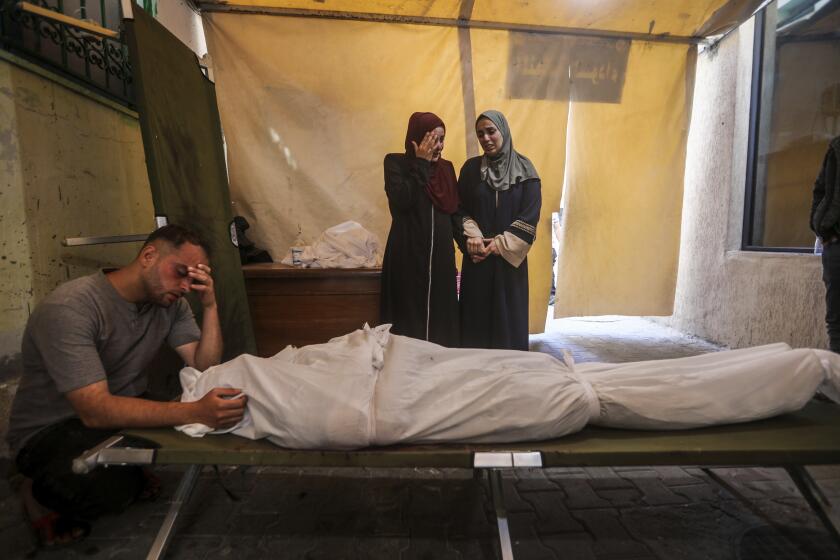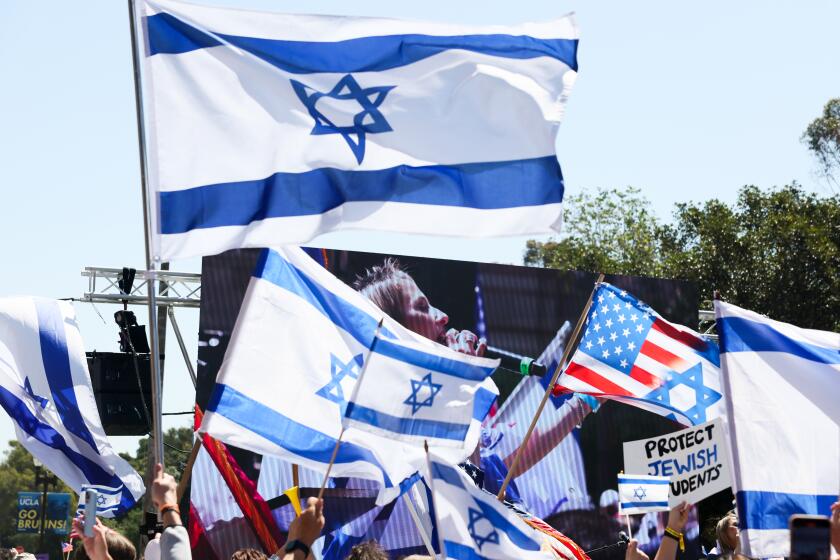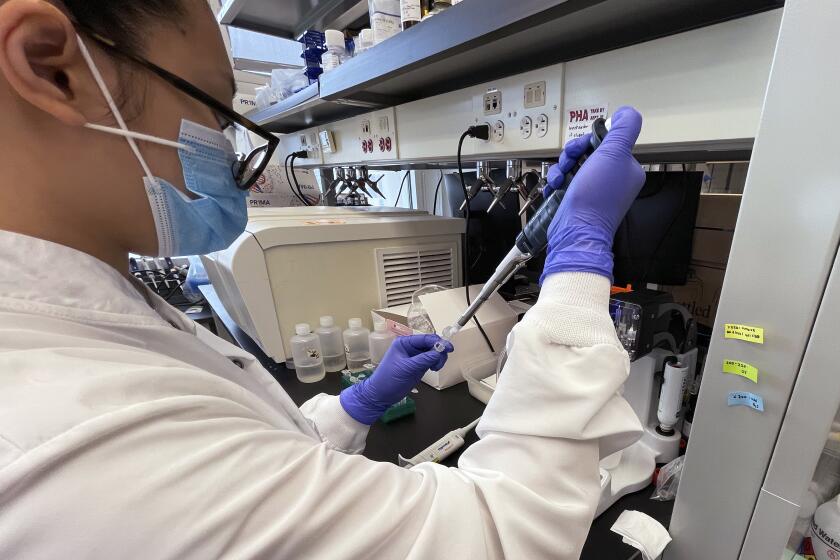S. Africa president admits crime woes
Engulfed by a tide of public anger over violent crime, President Thabo Mbeki acknowledged in his annual state of the nation speech Friday that the government needed to work harder to eradicate what he called an “ugly and repulsive” scourge.
Mbeki’s speech was in marked contrast to recent televised remarks in which he said there was no evidence that most South Africans thought crime was out of control. Critics said Mbeki was in denial about one of the worst violent crime rates on Earth.
In the days preceding the speech, tens of thousands of South Africans signed Internet petitions and some small businesses took out newspaper ads urging the president to tackle crime seriously.
A major financial institution, First National Bank, commissioned a $2.8-million advertising campaign urging the public to write to Mbeki demanding the government make crime its top priority. But the bank pulled the campaign on the eve of its launch; the government denied widespread news reports that it had pressured the bank to do so.
Mbeki did not launch any major initiatives, but his speech was noteworthy for the stark language it used to describe the crime problem.
“Certainly we cannot erase that which is ugly and repulsive and claim the happiness that comes with freedom if communities live in fear, closeted behind walls and barbed wire, ever anxious in their houses, on the streets and on our roads, unable to freely enjoy our public spaces,” Mbeki said. “Obviously we must continue and further intensify the struggle against crime.”
Although police statistics have shown a slight improvement in some crime categories, including murder, the rates are still among the world’s highest. There were 18,528 murders, 54,926 rapes and 119,726 violent crimes such as aggravated robbery or attempted murder last year in a country of 44 million, police said.
Despite the drop, there is a growing public perception that robberies have become more violent. Fears have been fueled by the killings of several prominent figures and a sharp rise in high-profile crimes, such as robberies of armored cars in which highly organized attackers are often armed with automatic weapons.
The issue has taken on more urgency because South Africa will be the host of soccer’s next World Cup, in 2010, and incidents of crime during the tournament could hurt the country’s tourism industry.
The U.S. government has issued warnings to travelers about crime in South Africa.
The ruling African National Congress party is sensitive to criticism of its performance on crime. Government officials were riled by U.S. Ambassador Eric Bost’s comments in a newspaper interview in November in which he said few people would travel to South Africa for the World Cup if crime continued at its present levels.
Crime has also become an increasing concern for South African businesses. A survey by the Grant Thornton consulting firm found that 84% of medium to large businesses reported that employees or family members had been affected by crime, 88% reported increased security costs, and 65% reported lowered productivity because of crime.
Mbeki reiterated Friday that the number of police would increase from 152,000 to 180,000 before the World Cup. He also promised to continue a program to build more jails and improve cooperation between police and armed private security forces who transport cash for businesses and guard neighborhoods.
But he received as much criticism as praise, with opposition parties saying he had failed to show he grasped the scale of the problem.
More to Read
Start your day right
Sign up for Essential California for news, features and recommendations from the L.A. Times and beyond in your inbox six days a week.
You may occasionally receive promotional content from the Los Angeles Times.






